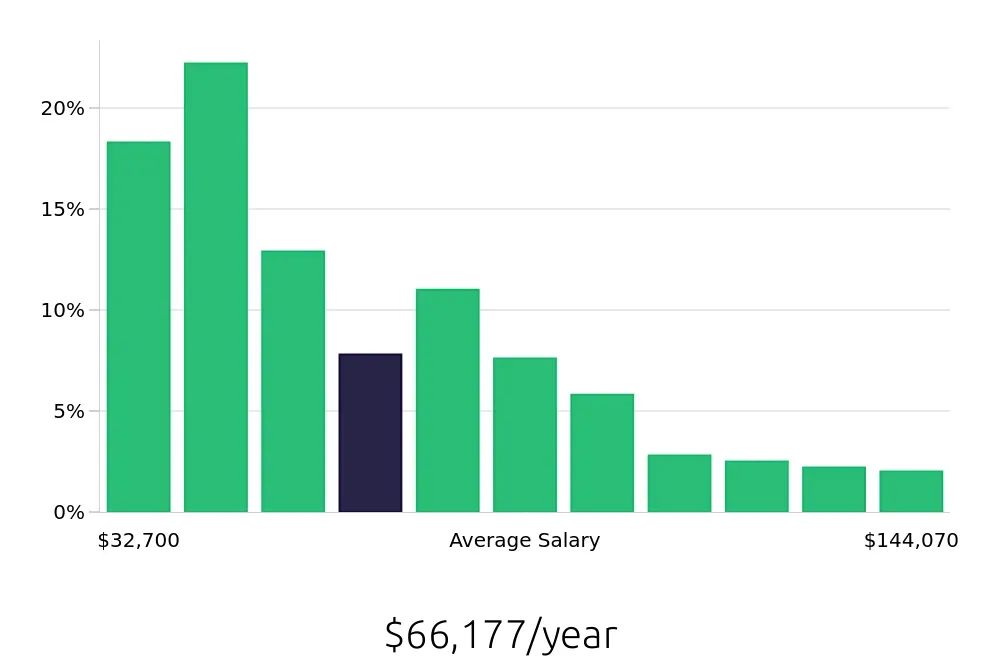Position
Overview
A Care Manager works with patients and their families to create a care plan. This plan helps people who need extra care, such as those who are elderly or have a long-term illness. The Care Manager talks with doctors, nurses, and other healthcare staff. They help people understand their health needs. They also coordinate services, like home care or hospital visits. The goal is to make sure patients get the best care possible.
Care Managers often visit patients in their homes or care facilities. They assess the patient's condition and needs. They look at the patient's medical history and current health status. They work with the patient and their family to set care goals. Care Managers arrange for services like physical therapy, nursing care, or help with daily activities. They also monitor the patient's progress and make changes to the care plan as needed. Communication is key. Care Managers keep everyone involved updated and informed.
Becoming a Care Manager can lead to a rewarding career in healthcare. It involves helping patients navigate their care options. This role is crucial for ensuring that patients receive the best possible support and treatment. Here is an outline of the process to become a Care Manager.
The journey to becoming a Care Manager involves several steps. Follow these steps to embark on this fulfilling career path.
Pursuing a career as a Care Manager can lead to rewarding opportunities in healthcare and social services. The time it takes to become a Care Manager varies based on education and experience. Most positions require at least a bachelor's degree in nursing, social work, or a related field. This typically takes four years to complete.
After earning a degree, gaining experience is crucial. Many Care Managers start as healthcare workers or social service assistants. They gain practical experience through internships or entry-level positions. This experience can last anywhere from one to three years. Once prepared, they can take on more responsibilities. Some positions may require additional certifications or training. These can add another year or more to the process. Overall, becoming a Care Manager usually takes between five to seven years.
The Care Manager is responsible for coordinating and managing patient care services to ensure high-quality, cost-effective healthcare delivery. This role involves working closely with healthcare providers, patients, and families to develop and implement individualized care plans that meet the needs of each patient.
Responsibilities:
Qualifications
A Care Manager plays a vital role in healthcare. This professional helps patients navigate their medical needs. They coordinate care, ensure patients receive the right treatments, and support families during tough times. Many find this job fulfilling. It allows them to make a real difference in people's lives.
Interested in this path? Consider both the good and the challenging parts. Here are some pros and cons:
Looking to become a Care Manager? This career choice promises a promising job outlook. The Bureau of Labor Statistics (BLS) reports an average of 684,600 job positions open each year. This number is expected to rise by 21.7% from 2022 to 2032, showing steady growth in this field. With these figures, job seekers can confidently pursue a career as a Care Manager, knowing there will be plenty of opportunities available.
Care Managers play a critical role in healthcare and social assistance. They coordinate care for patients, making sure they receive the services they need. This role is in high demand, especially as the population ages and needs more specialized care. The BLS highlights that the average national annual compensation for Care Managers is $33,380. While this is the national average, salaries can vary based on location, experience, and the employing organization. This makes Care Management a stable and rewarding career choice.
In terms of hourly compensation, Care Managers earn an average of $16.05 per hour, according to the BLS. This rate can also increase with more experience and additional certifications. Care Managers often work in hospitals, nursing homes, and outpatient care centers. They interact with patients, families, and healthcare providers, making it a dynamic and impactful career. Job seekers should consider these factors when exploring opportunities in Care Management.
